That’s why I’ve created a list of things to look for when hiring a trainer (or behavior consultant or behaviorist – these are three different levels of expertise and we’ll talk about that in a moment) But first, why listen to me? I’ve been working with dogs on and off for over ten years in different capacities. I’ve worked under trainers, groomers and breeders. I’ve taken care of litters of puppies from champion line parents, walked, fed, played with and trained dozens and dozens of different breeds (hundreds of dogs), bathed and done basic grooming for breeds from yorkies to mastiffs. I’ve been running my own professional training business for around 5 years now where I’ve trained in group and private settings. I continue my education by shadowing other trainers, participating in webinars, workshops, classes and training events, I read books and watch training/behavior dvds and online materials. I attended a 2-year program to receive a certificate in dog training and I’m now a mentor trainer through that organization. I volunteered with two service dog organizations for a total period of two years. I’m an evaluator through the American Kennel Club to give CGC and other titles in a variety of behaviors. I have my own apprentice program that I’m building based on everything I wish I had learned earlier in my training journey. I also created and co-admin two of the trainer groups in my state and I’ve found the very best people to continue my education and give me resources to use the latest in behavior science to help my clients succeed. In short, I’ve been around the block. I’ve seen some amazing training and I’ve seen plenty of clients get swindled out of a good training experience because they didn’t know what to look for. I’ve seen dogs shut down and abused in the name of “training” and I’ve spent a lot of time fixing these dogs who are brought to me after negative experiences with trainers (most who mean well, but don’t know nearly what they should). Here’s a list of things to look for when hiring a great trainer:
This includes referring to other pet professionals where appropriate. For example, it is not ethical for anyone other than a behaviorist or veterinarian to recommend specific medications.
8. Certifications are important, but they’re not everything. I personally know several trainers who are wonderful, have learned from other trainers and they continue their education, but they don’t have any training certifications. I also know trainers with certifications up the wazoo who I’d never let touch my dog. Certifications are a plus, but don’t go off of those alone. - There are four “levels” of pet training professionals: trainers, behavior consultants, behaviorists and veterinary behaviorists. Many trainers call themselves behaviorists without knowing that a true behaviorist has a PhD in one of the behavior sciences and is also certified as a behaviorist. Behavior consultants don’t have to have a minimum education requirement, but they do need to have a specific number of hours of experience and pass an intensive test on animal behavior to receive their behavioral consultant certification. These are pretty important distinctions and if your trainer doesn’t know the differences between each of these or advertises themselves as a behaviorist (if they’re not), they probably aren’t as knowledgeable as they should be. It’s probably time to find a different trainer.
I’m a big believer in gut feelings. Dogs and humans have evolved together to the point of almost being classified as a symbiotic relationship. Studies have proven that dogs view us more as parents than their actual canine mothers and fathers. For the most part, we’re very in tune with each other and gut instinct should be listened to.
If you have any questions on any of these or you’d like additional help finding a great trainer in your area, please contact me! I’d love to help you out! One final note, I did not include reviews for a reason. By all means, check out the reviews. Reviews can be misleading however, and should not be a primary factor in hiring a trainer. Some clients who leave glowing reviews have never used anyone else and have no idea there could be better options out there. Some clients may be too embarrassed to share anything other than 5 star reviews because the training relationship between trainer and client can be more personal than in many other professions. Some training companies will delete or flag reviews with anything less than 5 stars. There’s a lot going on behind the scenes and reviews don’t always give an accurate picture.
0 Comments
|
Kat & Haylee
Just a couple of animal geeks trying to make the world a better place. Archives
February 2023
Categories
All
|




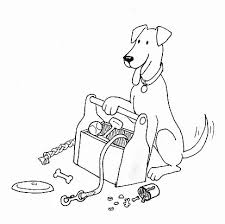
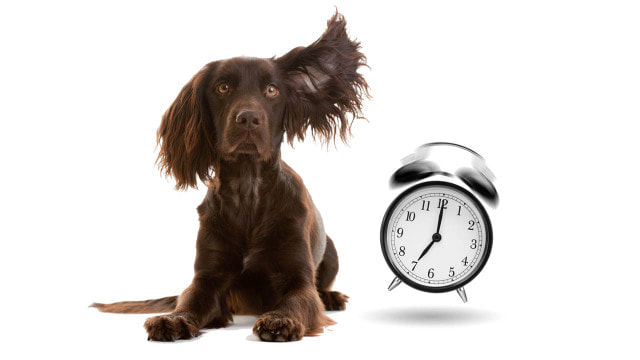
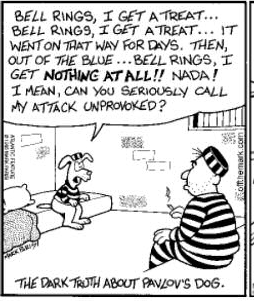

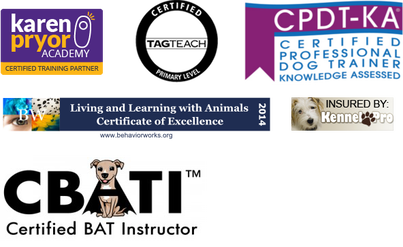
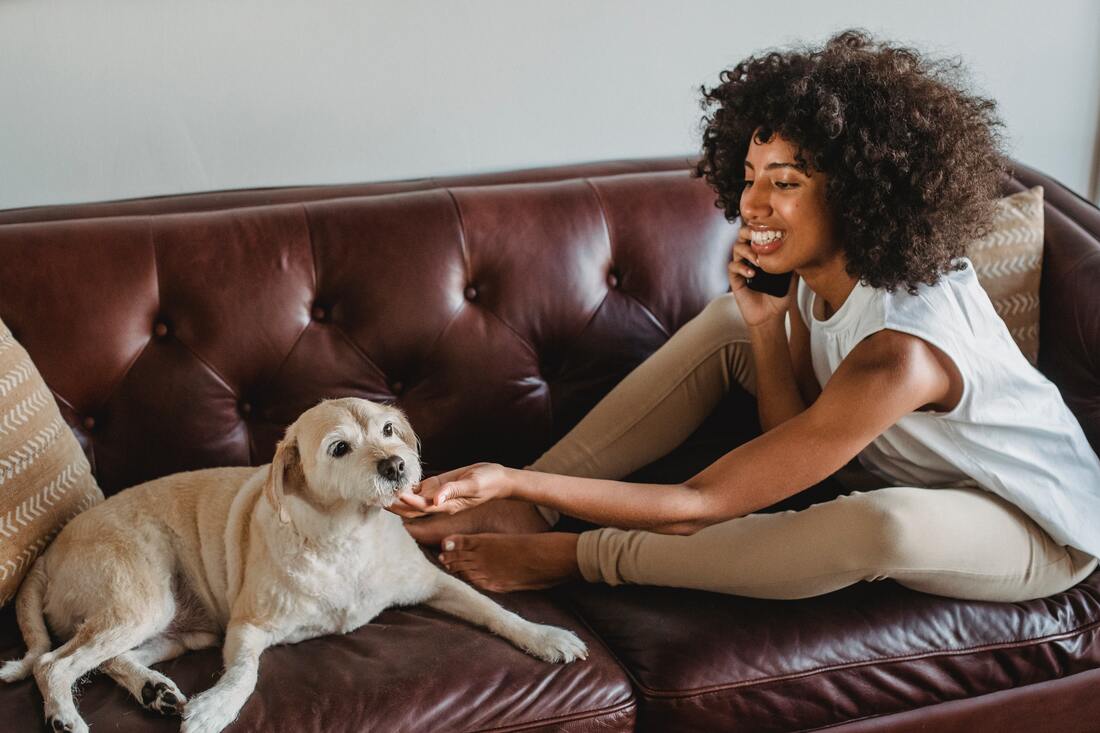

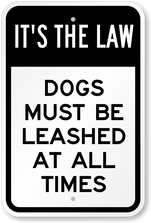
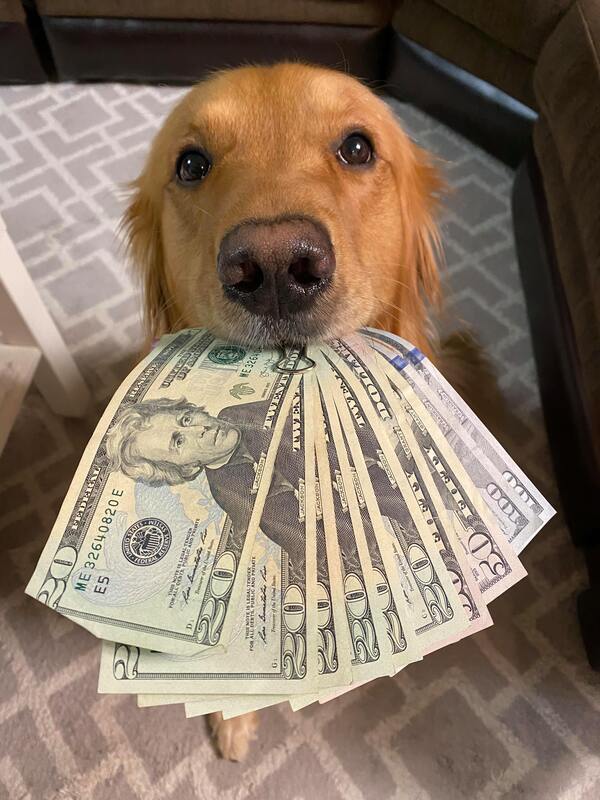
 RSS Feed
RSS Feed